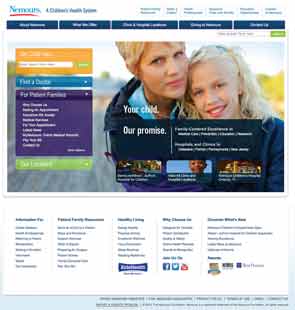Dr. Rosen is now convinced that physicians need to expand their reach beyond face-to-face patient visits.
“It made me realize it’s a powerful tool, along with other avenues of social media,” Dr. Rosen says. “We really need to think outside the box and catch up to the rest of society and leverage these technologies for each patient.”
Dr. White would prefer a little more give and take. Besides answering questions, she also wants to find out the ending to each patient’s story—was her advice helpful?
One way to achieve this, she says, might be to offer a series of Facebook chats on the same topic. This way, people who are interested would have more options regarding chat dates and times, can pose more questions during other chats, and also can share results.
She believes more doctors may be inclined to participate if the process was simplified. By having someone handle the connections and technical aspects of the chat and also type their answers, doctors can focus more on the content of their responses rather than the mechanics of the chat, Dr. White says.
“Most people are put off by having to get the technical stuff going,” says Dr. White, adding that she had approximately one to three minutes to answer each question. “But if they had technical support, it can be made easier. Doctors can focus on formulating their answers more quickly and feel more comfortable. If I did this again, I would have the same setup.”

Room for Growth
Although patient questions are being answered, there are many unanswered questions for social media staff. For example, when should chats be conducted? Weekdays or weekends? Day or night? How should they be promoted? How many experts should participate? Do physicians need a brief training session before each chat, or should Nemours continue to offer its one-hour, mandatory webinar covering social media guidelines?
At Nemours, chat topics are selected by the social media and public and media relations teams and promoted on its website, Facebook and Twitter sites, in its e-newsletters, through various health associations, and at press conferences, says Lisa Klueppel, social media manager at Nemours in Jacksonville, Fla.
Although broad topics like prevention and wellness help raise awareness among a large audience, Klueppel says specific topics like juvenile arthritis are more effective for patient acquisition.
